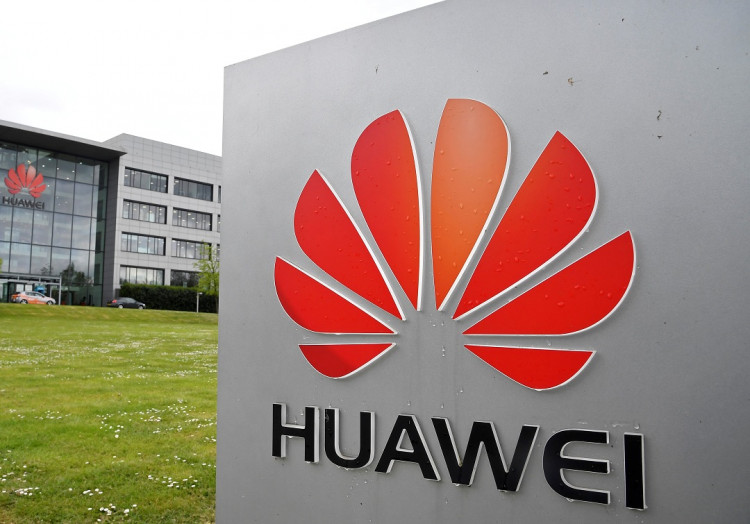Following the United States' announcement that it would be including Huawei and its affiliate in its trade blacklist and Google recent ban, the Chinese telecommunications equipment, and electronics manufacturer stated that it will still not be giving in to the US' demands.
Huawei assured its users that the company will continue to provide security updates and after-sales services to all their smartphone and tablet users. Huawei also revealed that alternative services provided by local firms such as Baidu and Tencent will be able to replace Google's services.
Huawei Technologies' founder and chief executive Ren Zhengfei mentioned in a statement over the weekend that they will not be taking instruction from the US government. According to the company's CEO, his company will not be changing its management nor will it accept any kind of monitoring from the US government.
Ren also stated that while they may be losing some of their business in the US, the slowdown in the company's growth will only be slight. In response to the US restriction, the CEO reiterated that his company had not violated any laws and the US' actions against them were unfounded and unfair.
In response to Google's termination of its Android license, Huawei released a limited statement to answer concerns amongst its users. The company first highlighted its role in the development and growth of the operating system, calling itself Android's key global partner.
The US government has long been accusing Huawei of using its network equipment to allow China to spy on American activities. Huawei has so far denied all of the allegations against it and has openly criticized the US for its accusations.
Late last week, the US had announced that it would be placing China's biggest telecom company on its trade blacklist. The decision was criticized by China, which also vowed to do everything it can to protect its companies. The move was also seen by some as a strategic counter in the ongoing trade negotiations between the United States and China.
The US had imposed a similar ban on Huawei's smaller rival ZTE Corp last year. The ban had crippled ZTE's business, which depended heavily on US imports. After agreeing to the US' demands, which included government monitoring, the US finally lifted the restrictions against it.
Huawei recently announced that it was already prepared for such a scenario and that it would be "fine" even without its US suppliers. Huawei currently imports a lot of its components from US companies such as Qualcomm and Intel.
The firm revealed that its subsidiary HiSilicon has already ramped up its production of chips to offset the lack of supply from the United States. Huawei assured its consumers that there will be a steady supply for most of its products in the coming months.
Earlier in the year, US prosecutors had accused Huawei of engaging in fraud involving US goods in Iran. The company was also accused of using the international banking system to illegal move money. Huawei's CFO and its CEO's daughter, Meng Wangzhou, was even arrested when she visited Canada. Meng was later released on bail but is essentially trapped in Canada while awaiting her extradition.





